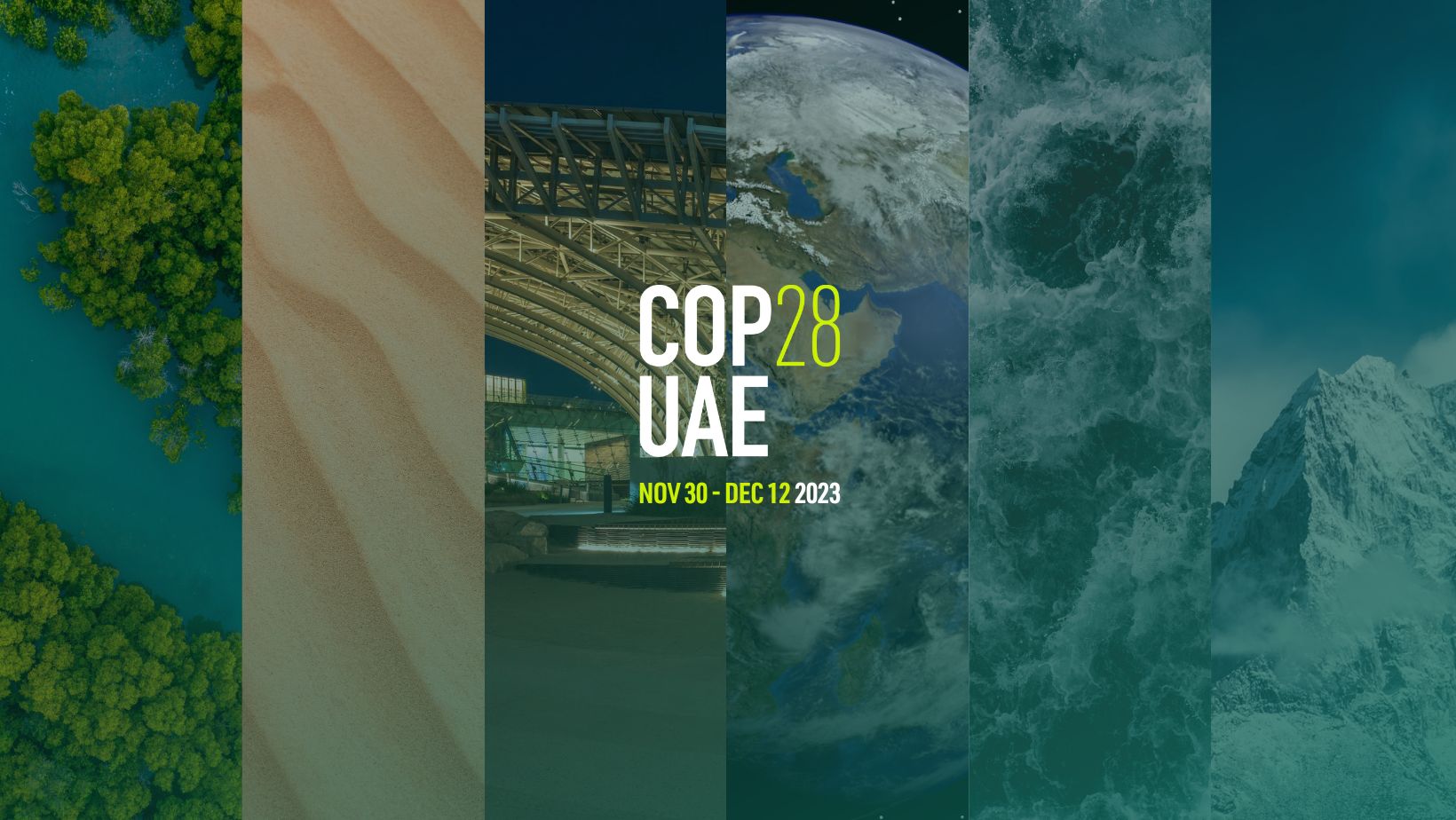COP28: Guterres urges leaders to cure the Earth’s ‘sickness’ while Biden and Xi snub the event
The UN leader says that ice in Antarctica and glaciers in Nepal are melting, a "symptom of the sickness bringing our climate to its knees”. The host country, UAE, is setting up a US$ 30 billion fund. The Vatican Secretary of State will speak on behalf of the pontiff who was forced to cancel his visit due to health problems. The environment is a topic of interfaith dialogue.
Dubai (AsiaNews) – The “melting of ice in Antarctica” and “the melting glaciers in Nepal” are examples of “two spots [that] are far in distance, but united in crisis,” said UN Secretary General António Guterres, citing personal experience in his opening address to the UN Climate Conference (COP28), held from 30 November to 12 December at Expo City Dubai, United Arab Emirates (UAE).
“Polar ice and glaciers are vanishing before our eyes, causing havoc the world over: From landslides and floods, to rising seas,” said the UN chief. “But this is just one symptom of the sickness bringing our climate to its knees.”
Notwithstanding criticism by environmentalists over the decision to hold the conference in the Gulf state, which bases much of its wealth on fossil fuels, Guterres turned to world leaders, saying that this “sickness only you, global leaders, can cure,” starting with meeting the target of keeping global warming within the 1.5-degree threshold.
On the first day, the conference host, UAE President Sheikh Mohammed Bin Zayed, announced the creation of a US$ 30 billion fund to provide "global climate solutions" by bridging the climate finance gap and attracting US$ 250 billion in investments by 2030.
This announcement follows yesterday's establishment of a loss and damage fund to help poor countries cope with the impacts of climate change.
The event is expected to draw more than 70,000 delegates – government leaders and officials, business and private sector leaders, academics, experts, young people, and representatives of non-state groups.
There are, however, some major absences, starting with US President Joe Biden and his Chinese counterpart, Xi Jinping, whose countries lead the world in harmful emissions and pollution.
Pope Francis will also not be present upon recommendation of his doctors due to recent health problems; he was supposed to attend the UN conference today until Sunday.
The pontiff was set to address the delegates, followed by bilateral meetings and the inauguration, on Sunday, of the "Faith Pavilion", a venue that embodies and promotes the six goals that led to its creation, above all as a source of inspiration for religious leaders to be agents of climate change.
Vatican Press Office director Matteo Bruni yesterday announced that Secretary of State, Card Pietro Parolin, will head the Holy See delegation already present in Dubai and represent the pontiff, who more than any other leader has paid attention to environmental and climate issues.
The cardinal will deliver the pope's address and inaugurate the Faith Pavilion together with the prefect of the Dicastery for Interreligious Dialogue, Card Ayuso Guixot.
Under the pontificate of Francis, the Church has given ample room to environmental issues and climate change, which, according to Bishop Paolo Martinelli, apostolic vicar of southern Arabia (UAE, Oman and Yemen), are now "catechetical" themes in every respect.
Ecology, caring for the planet as a "common home" as the pope put it, can be grounds for mission and a topic of dialogue and encounter with Islam, especially in a place with a large Muslim majority population like the Gulf region.
Here, young people look with “great interest" at environmental questions, the prelate explained, especially "in Emirati society and neighbouring Oman" where ample time was given during the catechesis to the reading and studying of the “contents proposed in Laudato Si'."
"The interfaith element in addressing climate issues is a central point and a factor of dialogue," said the vicar recently, speaking to AsiaNews, while religions have "the shared task of protecting and promoting creation."
Yet, several clouds hover over the UN conference, starting with the wars that rage across the planet.
If the COP27 in Sharm el-Sheikh was marked by Russia’s still ongoing war in Ukraine, COP28 cannot be separated from the new crisis in the Middle East sparked by the war between Israel and Hamas.
The issue of war is also linked to the related elements of security and energy, not least because in addition to gas fields and oil wells, sovereign wealth funds and financial issues play a major role in the region.
The unmet goals set at the 2015 Paris Climate Agreement still cast their shadow and it is no understatement to say that that the past eight years have been a failure.
Finally, COP28 has also raised questions about large-scale surveillance and monitoring. In a report released yesterday, Human Rights Watch (HRW) notes that in Dubai, government officials, activists and members of civil society groups, environmental experts and opinion leaders will be exposed to "intrusive” surveillance, especially "critical voices".
According to the advocacy group, “Negotiations aiming to deliver the ambitious outcome the world urgently needs to address climate change are unlikely to succeed if delegates can’t communicate without fear.”
Indeed, UAE authorities have set up a network that allows for "extensive communications surveillance,” whereby “Participants may be subject to government monitoring of their online posts and comments, interception of their text messages, and scanning of their network traffic.”
“Given the UAE government’s severe punishment of dissent, this surveillance poses a risk to COP28 participants, especially those criticizing the authorities.”
28/11/2019 16:18
21/10/2021 17:59
22/04/2022 19:06







.png)










